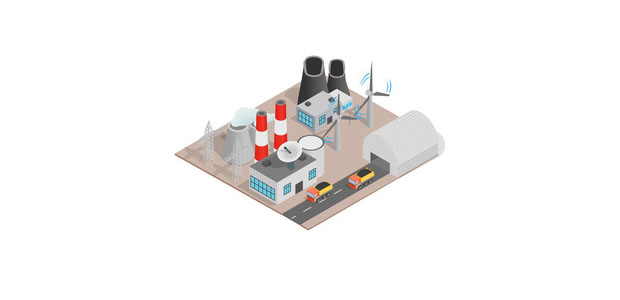
‘Now or never’ - Why the energy industry should use the current crisis to reset its approach to debt resolution
The UK’s energy industry is under ever increasing strain. From rising wholesale energy costs, the impact of Covid and uncertainty around Brexit, providers and consumers are facing pressure from multiple fronts.
It is worrying - but not surprising - that 28 providers have gone under this year alone, and an extra half a million people have been driven into fuel poverty (Guardian, September 2021).
But, as with any period of change, there are opportunities to improve the status quo of ‘what has been done before’.
For the retail energy industry, this improvement needs to be centred around improving customer service and helping those in need manage and improve their financial situation. This will benefit providers and consumers alike in the short and long-run.
To improve customer outcomes, the first step is to get better at identifying vulnerable customers, so that potential problems can be solved before they even occur and compliance can be improved through consistent and robust processes.
Debt arrears are turning into a growing concern for many households across the country with the added cuts to Universal Credit and the end of the government’s furlough scheme. With inflation also rising, many more customers will be exposed to difficult financial circumstances, with the remaining energy providers struggling to cope. The increased strain from call volumes and lack of staffing will provide no relief to the additional difficulties from the pandemic and Brexit.
With an extra half a million customers in arrears, now is the time to radically rethink how we resolve these debts.
Balancing behavioural science with proprietary AI products, as we do at Ophelos, is the effective and empathetic future of identifying debt management issues from the outset.
Second, there needs to be a change of focus from performance to customer care when it comes to debt management processes.
In the past, debt collection has been mainly measured along financial terms - i.e. how much debt has been recovered and how this affects the business’ financial standing.
Performance has not, however, taken into consideration how the money was collected, nor the impact (financial or emotional) on the consumer. This limited thinking needs to stop. If providers can translate their debt collection practises from a financial risk to a reputational asset, then in the long run they’ll encounter less issues (reputational, regulatory and compliance) and more financial stability.
After a turbulent year within the industry, market share is now concentrated in fewer hands, with the likes of Shell Energy, Octopus Energy and OVO Energy reportedly taking on nearly 1.7m new customers between them (The Energy Shop, December 2021).
Incumbents like these should use this opportunity to reimagine what customer care looks like, and then seize the reputational and financial benefits of a modern approach to debt resolution.
The fact is that with many retail energy businesses struggling with increasing call volumes and staff resourcing, it is now more important than ever to quickly cope with increased customer contact, while reducing the risk of staff and customer attrition. Energy companies have to review their current processes, technology stack and external partners to ensure customers and staff are sufficiently supported to provide best in class service, while keeping costs low. Human-centered digital self-serve capabilities, machine-learning driven back office and operational process automation and increased data & customer insight are table stakes to providing a better customer and staff experience.
Now is the time to address the future of collections, too.
The need for debt resolution isn’t going anywhere, but thankfully the same cannot be said for the archaic (and reputationally damaging) processes that have become synonymous with the collections industry.
Through our innovative AI and Machine Learning platform, we give businesses the power to successfully recover debts, while maintaining a level of customer experience that maintains relationships and reduces complaints.
With Ophelos’ platform, we are able to use technology to understand each customers’ personal situation and preferences, paving the way for bespoke communications and payment plans.
Not only does customer satisfaction improve, but debt resolution rates do, too - Ophelos’ work with energy companies has resulted in a 28% increase in total debt resolution compared to traditional debt collection agencies.
Albert Einstein once remarked that “The measure of intelligence is the ability to change”.
Whether we like it or not, the energy industry is changing - its own measure of intelligence should be if it can ensure that everybody receives the highest quality care, including their most vulnerable customers. And that means effort needs to go towards reimagining their approach to debt resolution and customer care. The smart providers certainly will.


